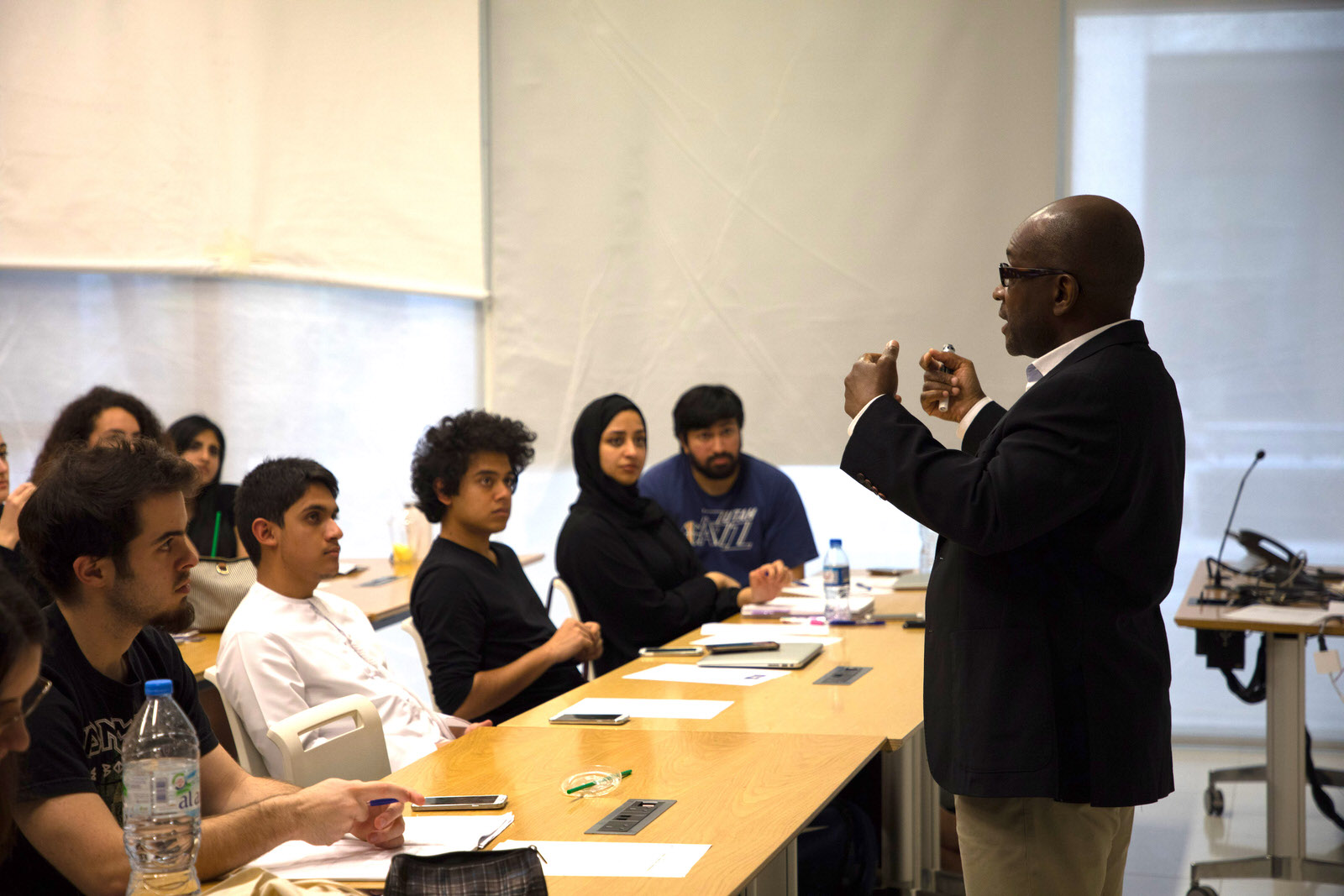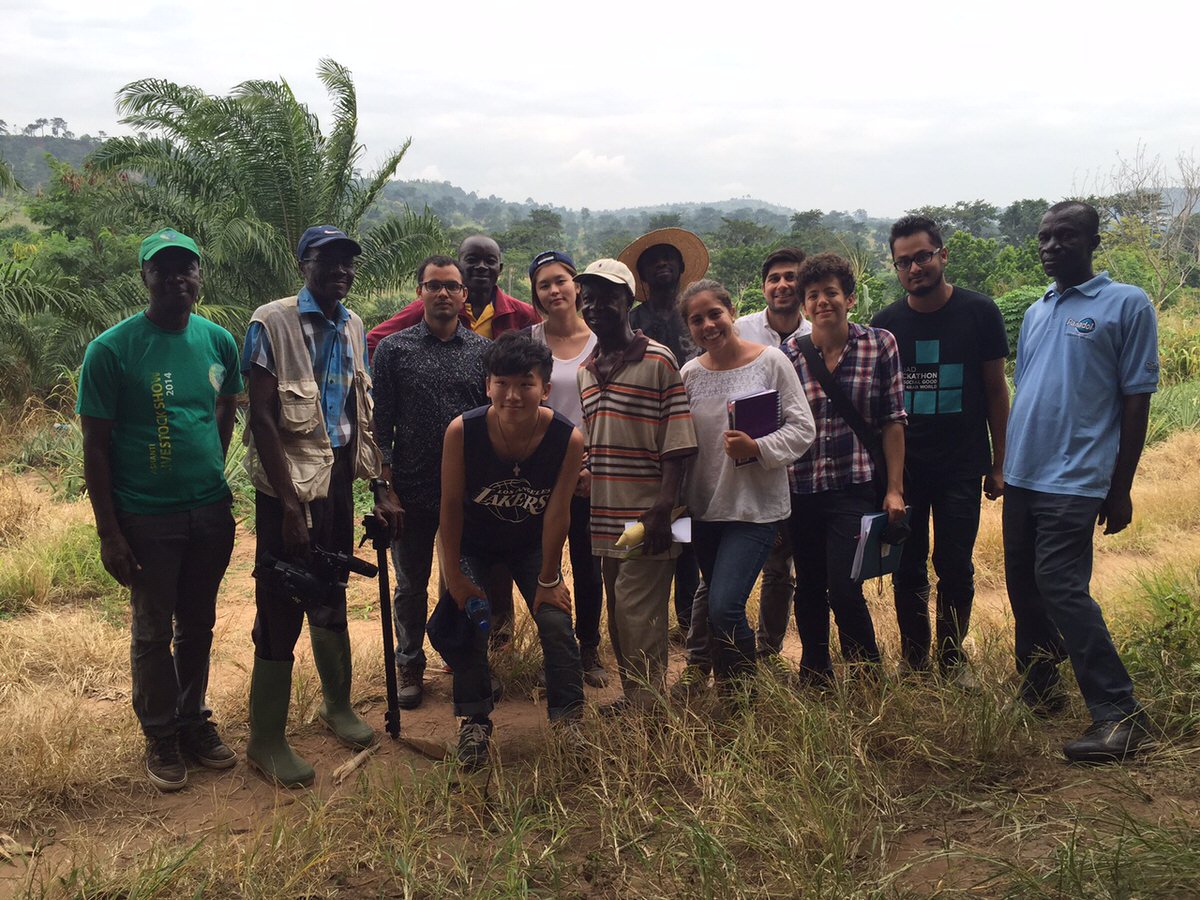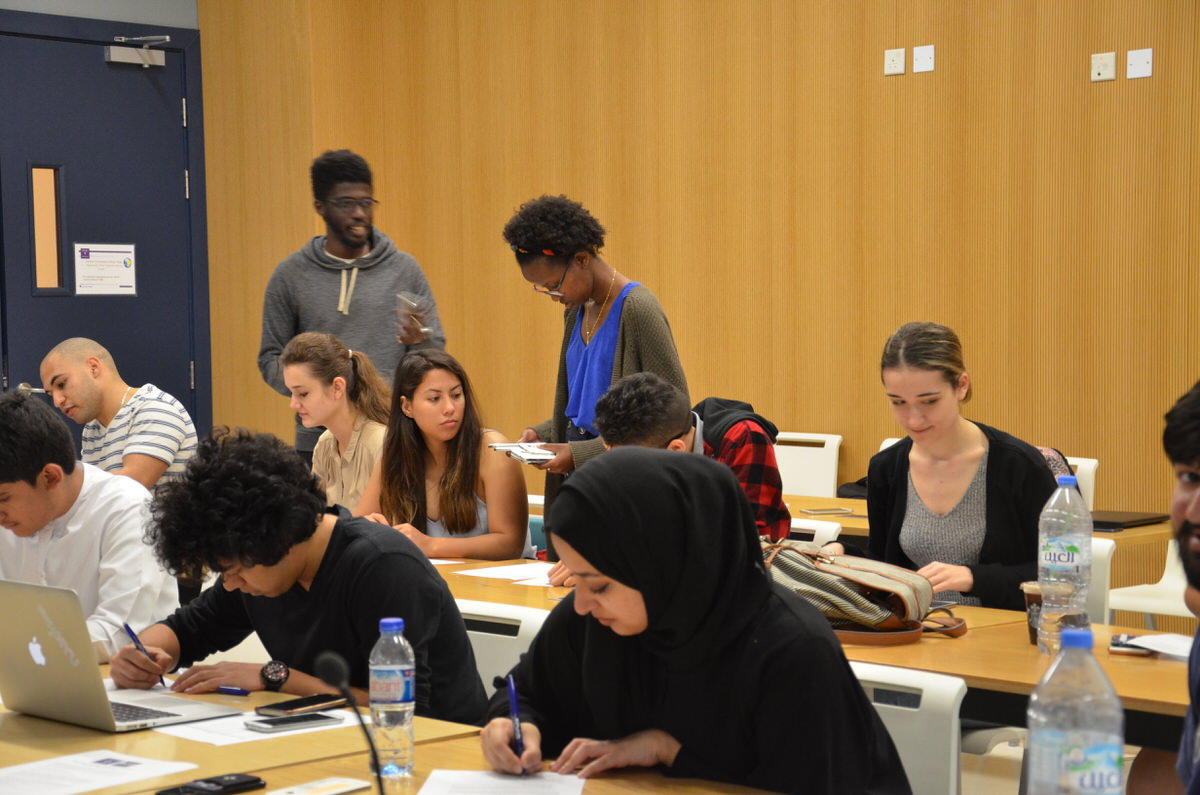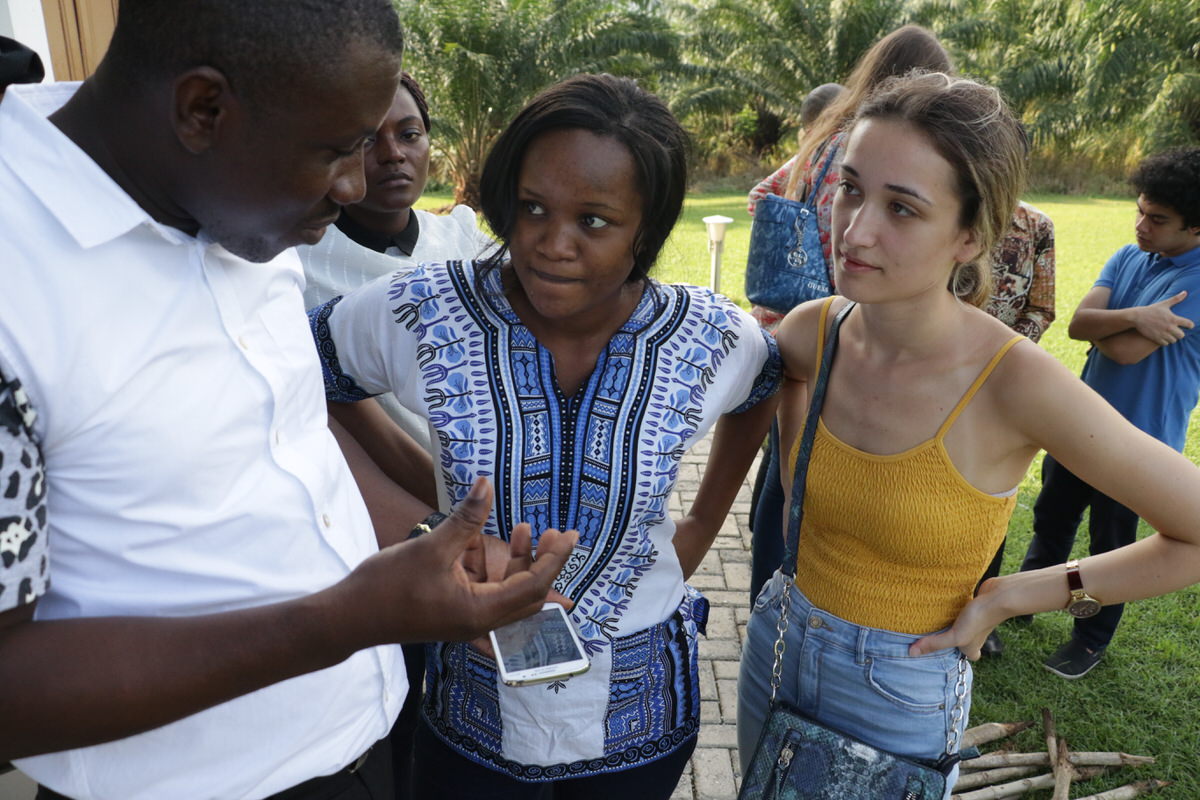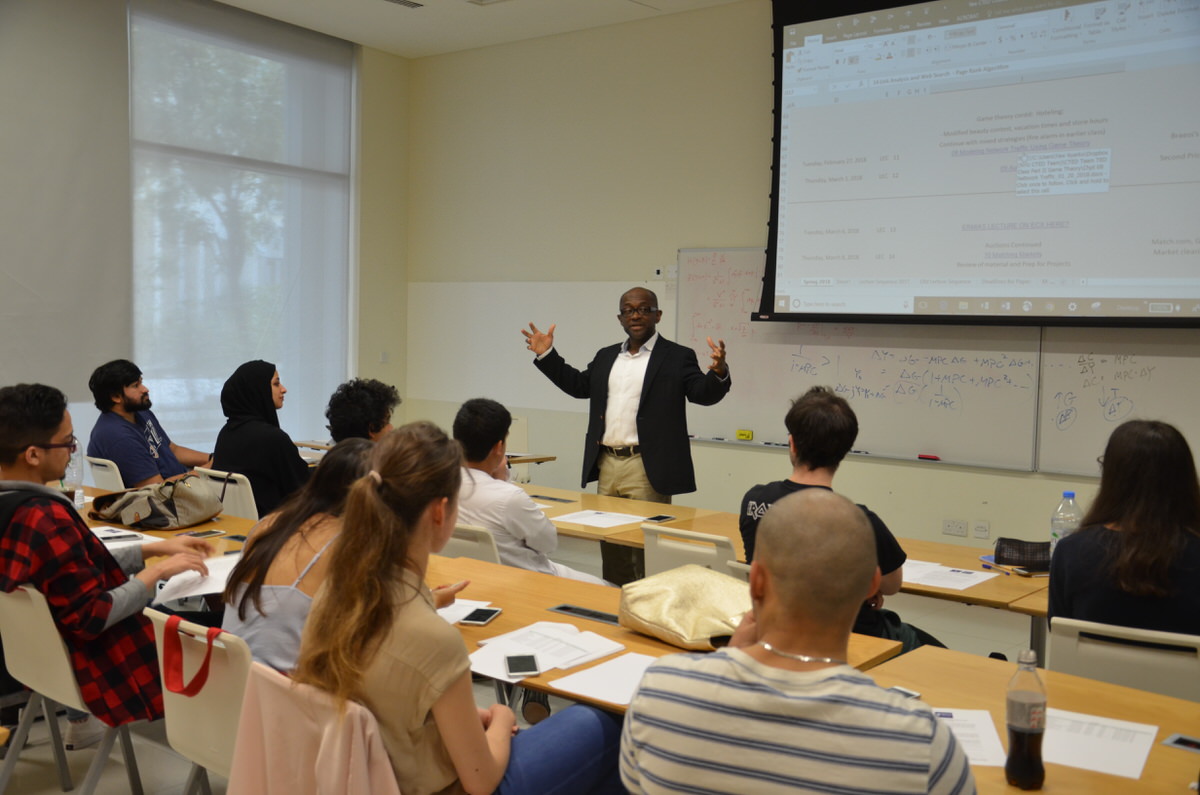TEACHING
At NYU Abu Dhabi Yaw Nyarko teaches "Markets and Networks" in the classroom, then brings theory to practice in the CTED Summer Field Internship with rural farmers in Ghana.
CURRENT TEACHING
Technology and Economic Development: Markets and Networks (ECON-UH 2411)
Taught annually in the spring at New York University Abu Dhabi, this course covers topics on the interface between economics and computer science, with special emphasis on issues of importance to economically developing regions. Students work in teams to tackle real-world and interdisciplinary problems. Students address questions of markets and economic development using Information and Communications Technologies for Development (ICTD) techniques in the context of development. The course uses Network and Graph Theory as well as modern game theory as the underlying tool of analysis. There will also be exposure to practical elements of developing ICTD interventions and projects, with emphasis on mobile phone apps and others which can be delivered in developing country contexts.
CTED Summer Internship in Ghana
Each year, Yaw Nyarko leads a Summer Field Research Internship in Kumawu, Ghana that culminates lessons from the Technology and Economic Development: Markets and Networks (ECON-UH 2411) course in a field setting. The program provides students opportunities to work on real-world research problems in a traditional rural field research environment. In addition to the international work experience gained, interns work closely with researchers in Ghana on developing technological solutions with significant impact at the community and national policy level. Specifically, interns work on research projects including the following focus areas: (a) Economic Governance, Mapping, and Drones; (b) Networks, Big Data, and Image Processing; (c) MarketPlace Commodities Markets; (d) Migration and Remittances; and (e) the “Biography of a People” project.
Supported by:
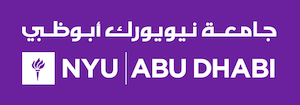
New York University Abu Dhabi Research Institute
